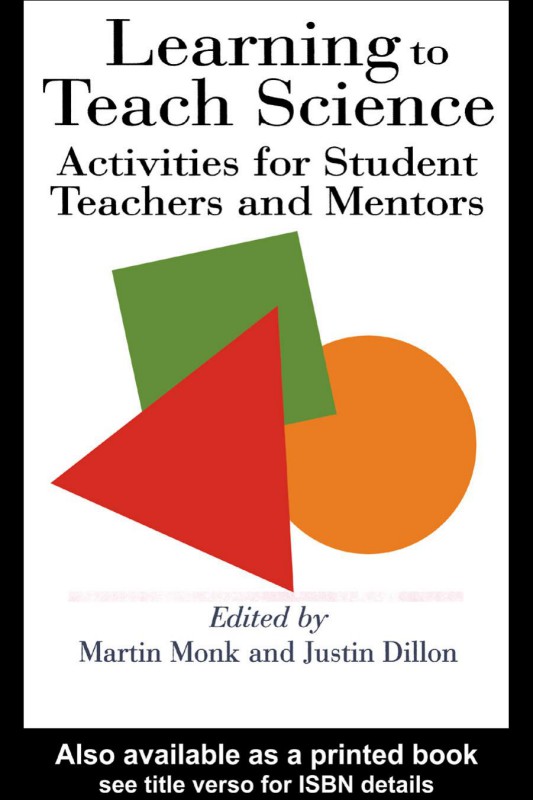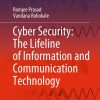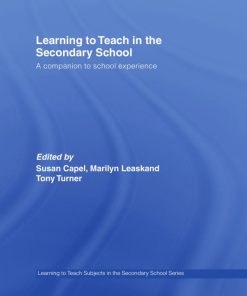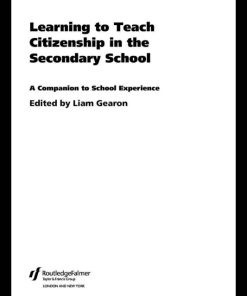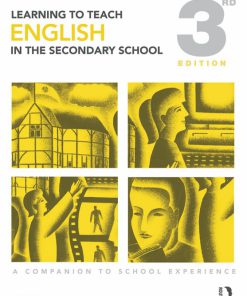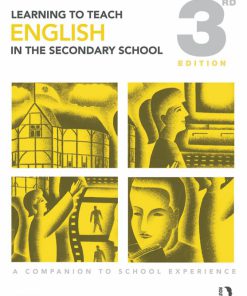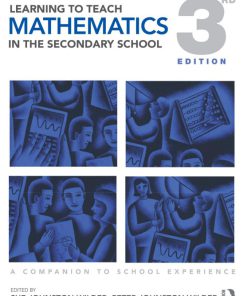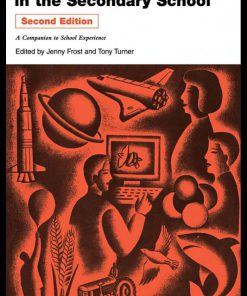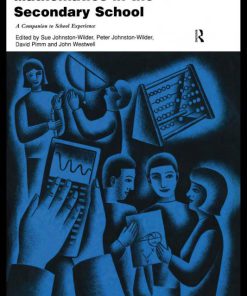Learning to Teach Science in the Secondary School A Companion to School Experience 5th Edition by Lindsay Hetherington 0367626667 9780367626662
Original price was: $50.00.$25.00Current price is: $25.00.
Authors:Rob Toplis; Jenny Frost , Series:Education [70] , Tags:Education; General; Curricula; Teaching Methods & Materials; Science & Technology; Secondary , Author sort:Toplis, Rob & Frost, Jenny , Ids:9781136981012 , Languages:Languages:eng , Published:Published:Apr 2010 , Publisher:Routledge , Comments:Comments:Learning to Teach Science in the Secondary School, now in its third edition, is an indispensable guide to the process and practice of teaching and learning science. This new edition has been fully updated in the light of changes to professional knowledge and practice – including the introduction of master level credits on PGCE courses – and revisions to the national curriculum. Written by experienced practitioners, this popular textbook comprehensively covers the opportunities and challenges of teaching science in the secondary school. It provides guidance on: the knowledge and skills you need, and understanding the science department at your school development of the science curriculum in two brand new chapters on the curriculum 11-14 and 14-19 the nature of science and how science works, biology, chemistry, physics and astronomy, earth science planning for progression, using schemes of work to support planning , and evaluating lessons language in science, practical work, using ICT , science for citizenship, Sex and Health Education and learning outside the classroom assessment for learning and external assessment and examinations. Every unit includes a clear chapter introduction, learning objectives, further reading, lists of useful resources and specially designed tasks – including those to support Masters Level work – as well as cross-referencing to essential advice in the core text Learning to Teach in the Secondary School, fifth edition. Learning to Teach Science in the Secondary School is designed to support student teachers through the transition from graduate scientist to practising science teacher, while achieving the highest level of personal and professional development.

